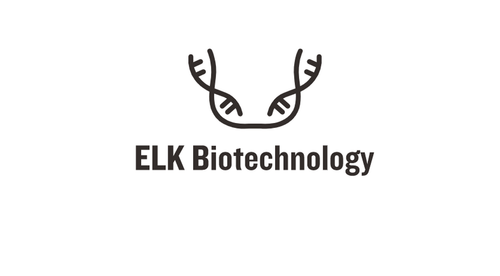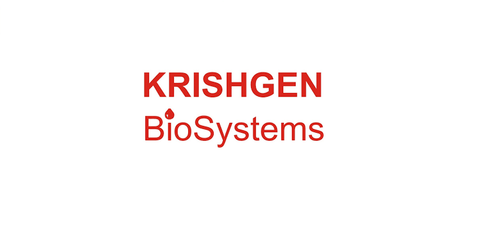Product Description
Sheep Luteinizing Hormone (LH) ELISA Kit | AE60577SH | Abebio
Species Reactivity: Sheep (Ovis aries)
Abbreviation: LH
Alternative Name: N/A
Application: ELISA
Range: 0.156-10 ng/mL
Sensitivity: 0.054 ng/mL
Intra-Assay: ≤5.5%
Inter-Assay: ≤9.2%
Recovery: 0, 95
Sample Type: Serum, Plasma, Other biological fluids
Detection Method: Sandwich
Analysis Method : Quantitive
Test Principale: This assay employs a two-site sandwich ELISA to quantitate LH in samples. An antibody specific for LH has been pre-coated onto a microplate. Standards and samples are pipetted into the wells and anyLH present is bound by the immobilized antibody. After removing any unbound substances, a biotin-conjugated antibody specific for LH is added to the wells. After washing, Streptavidin conjugated Horseradish Peroxidase (HRP) is added to the wells. Following a wash to remove any unbound avidin-enzyme reagent, a substrate solution is added to the wells and color develops in proportion to the amount of LH bound in the initial step. The color development is stopped and the intensity of the color is measured.
Product Overview: Luteinizing hormone (LH) is an important hormone of the reproductive system, which has found application in diagnosis and therapeutic medicine. It plays a vital role in the development and functioning of the reproductive system. Determination of LH concentration is important for detection of dysfunction of the pituitary variance axis, diagnosis of reproductive disorders, monitoring of antifertility programmes and in therapeutic preparations. LH levels are normally low during childhood and, in women, high after menopause. As LH is secreted as pulses, it is necessary to follow its concentration over a sufficient period of time to get a proper information about its blood level.During the reproductive years typical levels are between 1-20 IU/L. Physiologic high LH levels are seen during the LH surge (v.s.) ; typically they last 48 hours.
Stability: The stability of ELISA kit is determined by the loss rate of activity. The loss rate of this kit is less than 5% within the expiration date under appropriate storage condition. The loss rate was determined by accelerated thermal degradation test. Keep the kit at 37°C for 4 and 7 days, and compare O.D.values of the kit kept at 37°C with that of at recommended temperature. (referring from China Biological Products Standard, which was calculated by the Arrhenius equation. For ELISA kit, 4 days storage at 37°C can be considered as 6 months at 2 - 8°C, which means 7 days at 37°C equaling 12 months at 2 - 8°C) .
 Euro
Euro
 USD
USD
 British Pound
British Pound
 NULL
NULL












